I want to get the IP of the user(client) based on his interaction with the Pods, (I'm thinking about getting the user IP and locate him based on his IP)
I made the figure below for a better explanation of my question, the only thing I was able to find to maybe improve the situation was to patch the service and set externalTrafficPolicy to "Local" so the service will preserve the IP of the user.
But still not sure how or even at which part should I check the IP of the user. is it possible to monitor the activity of the user from outside of pod? any idea?
(I'm using golang)
update: to make it more clear, i'm not creating the pods, in the scenario below clients are responsible and can create different pods and containers even the services they need, it's like a test-bed for them, so i cannot edit their containers file but i may be able to bring up another container beside their conatiner and then maybe use the answer at this post https://stackoverflow.com/a/27971761/9350055 to find the ip of the client. do you think this will work?


